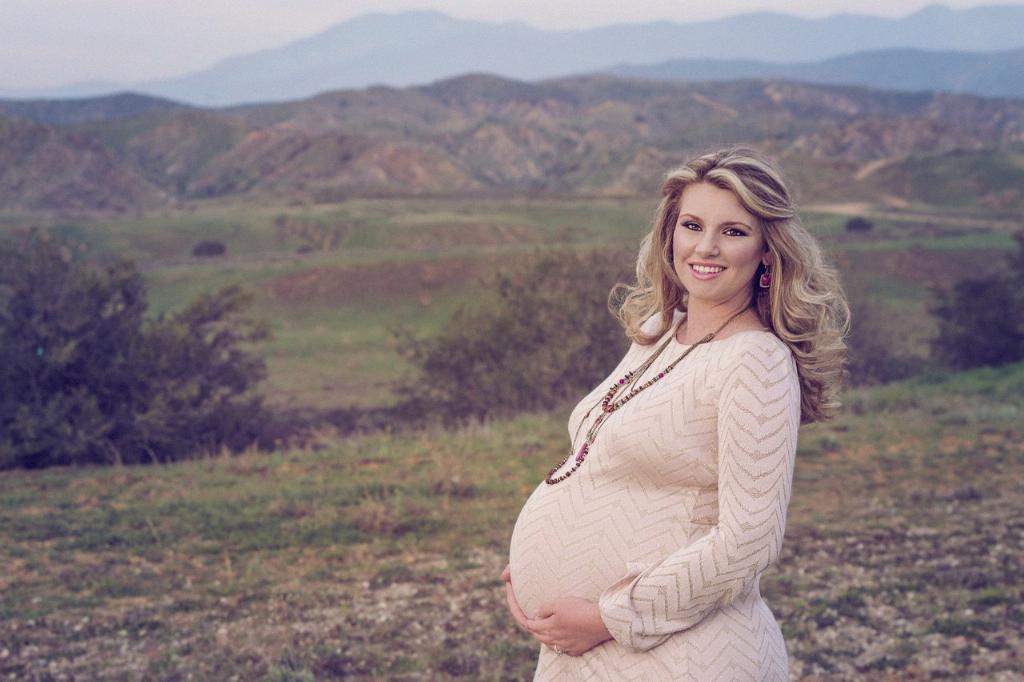During pregnancy, it is crucial to be mindful of the products we use, including those that contain fragrance. The reason why experts recommend avoiding fragrance when pregnant is primarily due to the presence of Endocrine-Disrupting Chemicals (EDCs) in many products. These chemicals, such as phthalates, parabens, and triclosan, can have harmful effects on both the mother and the developing fetus.
One of the main concerns associated with EDCs found in fragrance additives is their potential to interfere with the endocrine system. This disruption can lead to a range of adverse health outcomes, including an increased risk of preterm birth. Studies have shown a link between exposure to these chemicals during pregnancy and a greater likelihood of delivering prematurely, which can pose serious risks to the baby’s health.
Furthermore, EDCs can also impact the baby’s growth and development in the womb. Research has indicated that exposure to these chemicals during pregnancy may result in decreased gestational age at birth, reduced birth weight, and shorter body length at birth. These factors can have long-lasting implications for the child’s health and well-being.
It is essential for pregnant individuals to be cautious about the products they use, as even small amounts of EDCs can have significant effects on fetal development. Fragrance is a common ingredient in many personal care products, making it important to read labels carefully and opt for fragrance-free alternatives whenever possible.
Aside from the direct impact on fetal health, exposure to fragrance during pregnancy can also have implications for the mother’s well-being. Some fragrances can trigger allergic reactions or sensitivities, leading to discomfort and potential health concerns. By choosing fragrance-free products, pregnant individuals can reduce the risk of experiencing these adverse reactions.
Another reason to avoid fragrance during pregnancy is the lack of transparency regarding the ingredients used in fragrance formulations. Many companies do not disclose the specific chemicals used to create their fragrances, making it difficult for consumers to make informed choices about the products they use.
Additionally, the cumulative effect of exposure to multiple sources of EDCs, including fragrance, can amplify the potential health risks during pregnancy. By minimizing exposure to these chemicals as much as possible, pregnant individuals can help protect both their own health and the health of their developing baby.
While it may be challenging to completely eliminate all sources of EDCs from one’s environment, taking small steps to reduce exposure can make a difference. Choosing fragrance-free personal care products, opting for natural or organic alternatives, and avoiding products with undisclosed fragrance ingredients are all ways to minimize the risks associated with EDC exposure during pregnancy.
Ultimately, the decision to avoid fragrance during pregnancy is a proactive measure to safeguard the health and well-being of both the mother and the baby. By being mindful of the products used and prioritizing safety, pregnant individuals can help ensure a healthier pregnancy and a positive outcome for their child’s development.

